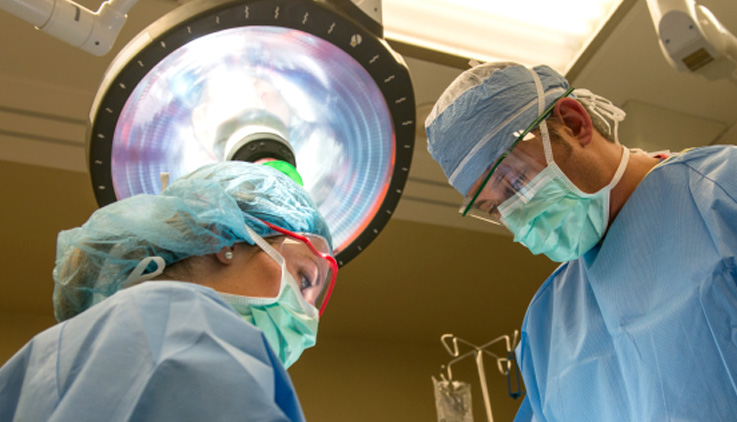While surgical care and its outcome can largely depend on various factors, the efficacy of the environment in an operating theatre is highly significant. The features and conditions in an operating theatre can strongly influence the efficiency of the procedure performed and even the overall health of the patient especially concerning prevention of postoperative surgical infections.
Emphasis On The Quality Of The Operation Theatre And Its Environment
An ideal operative environment can be defined as an aseptic and undoubtedly a safe place which is devoid of any harmful microbial organisms and pollutants. A protective and clean atmosphere in the operation theatre can ensure in maintaining vital functions, prevent dangerous secondary infections and thereby promote healing without any complications.
The establishment of an operation theatre needs very specific designing, planning, and execution to carry out diagnostic or investigative, therapeutic or surgical procedures. The choice of surface finishes, flooring, and layout should be designed for easy infection control. The ceiling panels, rear panels, and other fitting surfaces should be compatible, smooth and easy to maintain along with being fire-resistant, water-proof and durable.
A proper HVAC ventilation and air flow system are intended to maintain the optimum air quality thereby assuring the safety of the persons within. It helps to keep the accurate temperature, pressure, and humidity that is ideal and efficient.
Besides the quality of an operating theatre, the working condition of the instruments, machinery, pre-operative, operative and post-operative equipment should be immaculate and sterile.
Pre and postoperative sterilization of the various zones in the operation theatre can assure reliability and aid in the uneventful healing of the patient.
How A Sterile And Safe Operation Theatre Plays An Integral Role In Preventive Medicine
Post-operative surgical healing and prognosis of the surgery largely depend on external risk factors and intrinsic/endogenous risk factors. Endogenic risk factors differ from patient to patient and may not be controlled directly, but external risk factors can be strictly maintained. A safe and aseptic environment in the operation theatre is one of the external risk factors that can be crucial in preventing surgical site infections.
Preventive medicine comprises mostly of disease prevention and health promotion through the various course of actions and guidelines. Hence a multidisciplinary approach towards maintaining a proper operation theatre and sterile environment can reduce the incidence of hospital-acquired infections.


